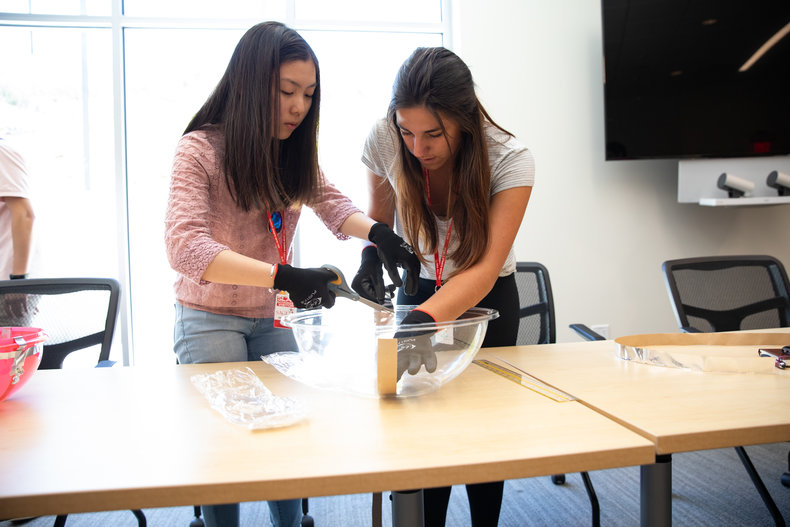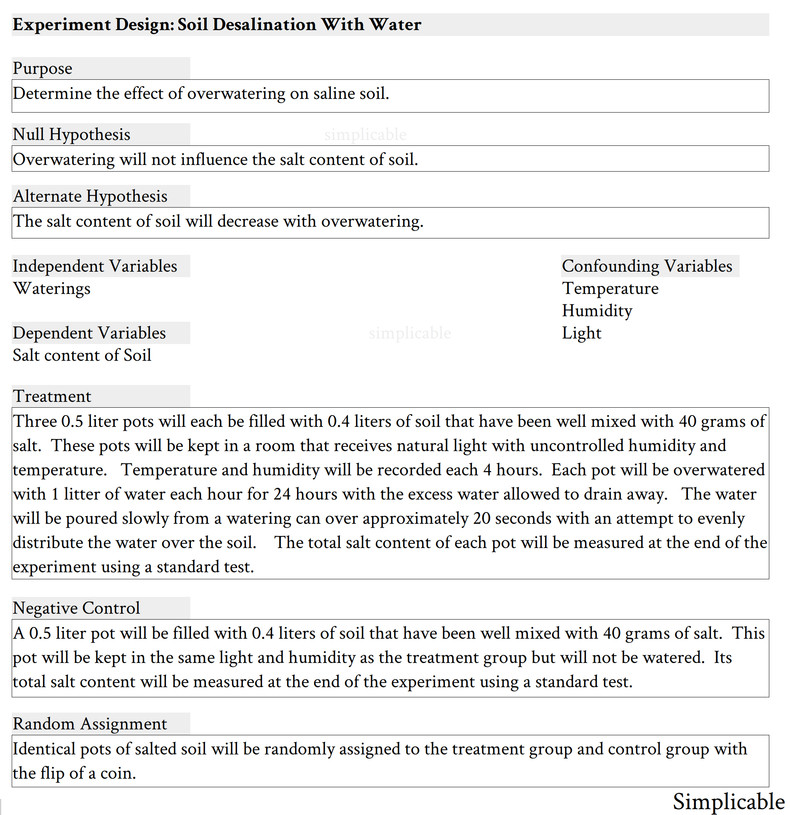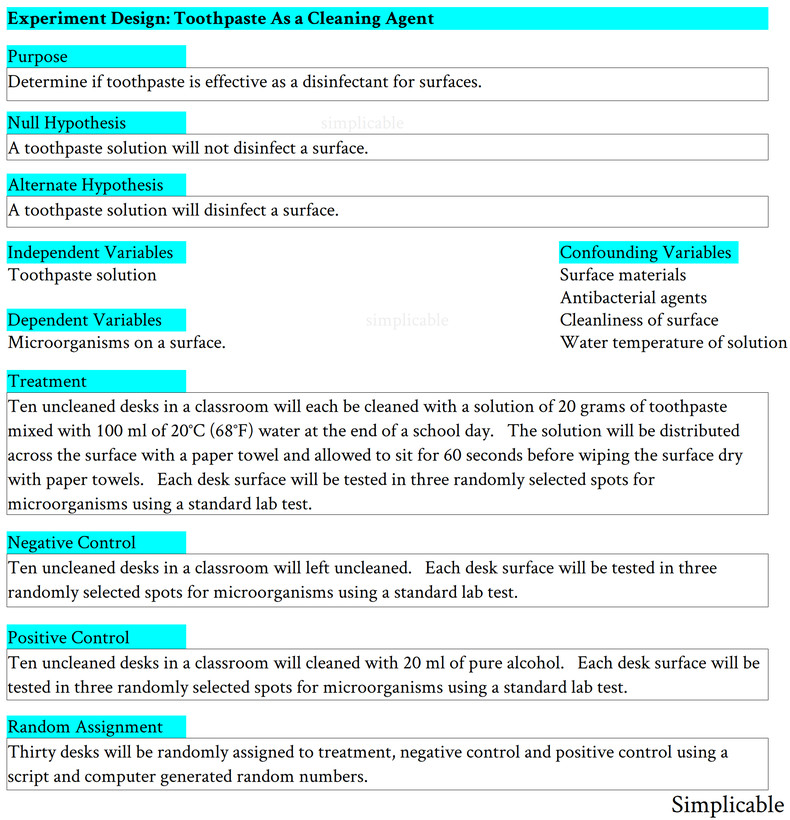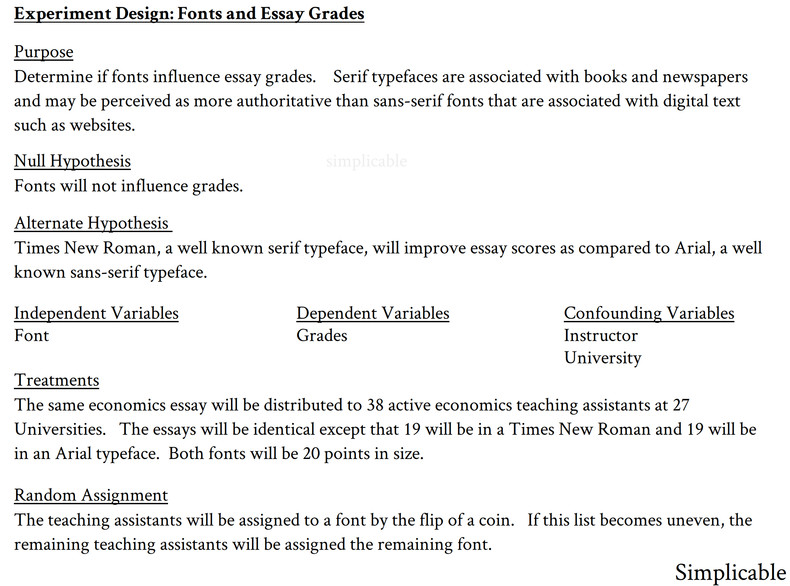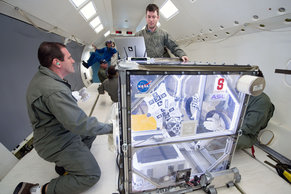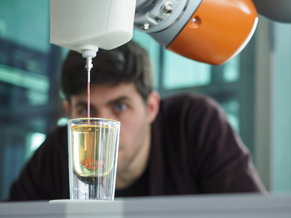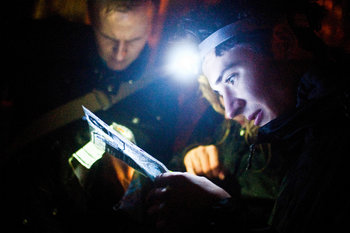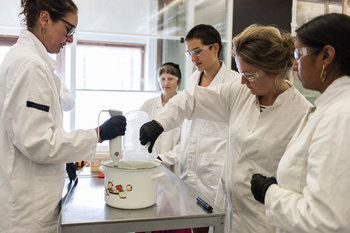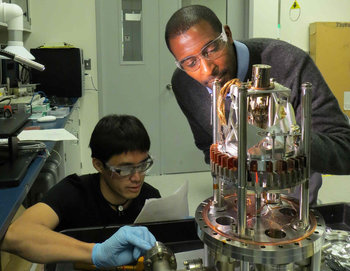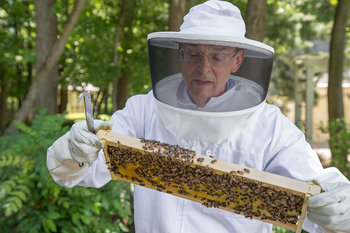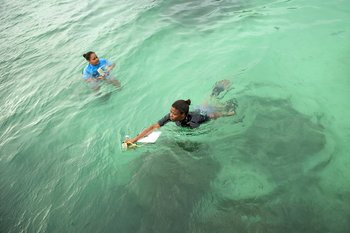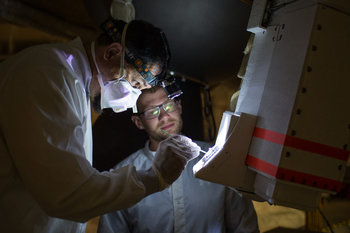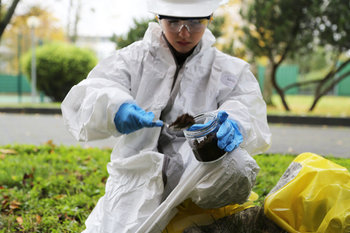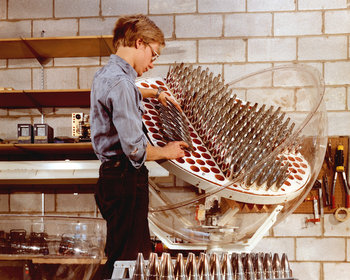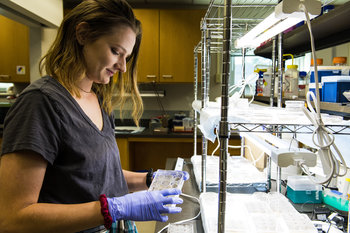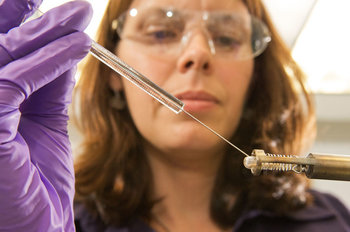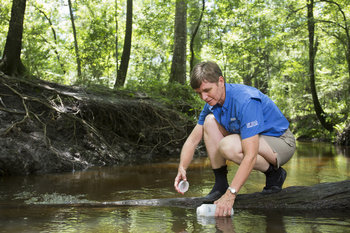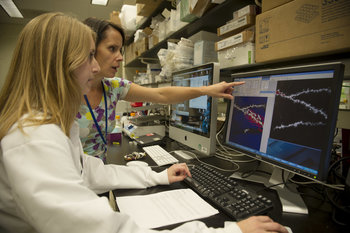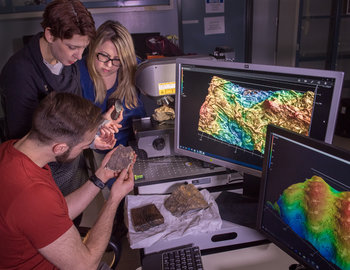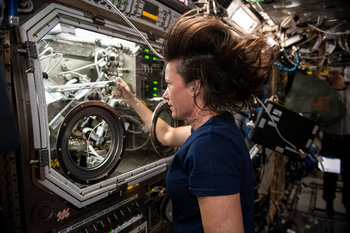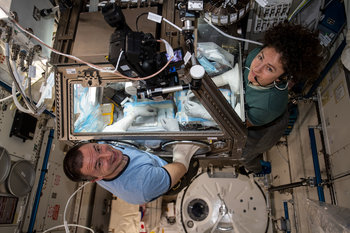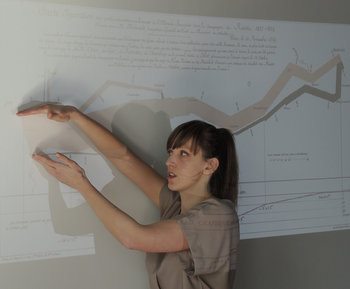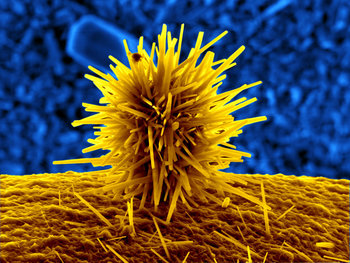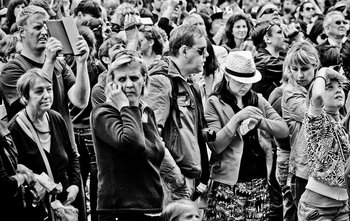|
| |
John Spacey, July 18, 2018 updated on February 26, 2021
An experiment design is a plan to execute an experiment. This includes details such as a hypothesis, treatments and controls that allow others to evaluate your experiment or replicate it. The following are illustrative examples of an experiment design.
Soil DesalinationA simple experiment with a single negative control to determine if a series of overwaterings will lower the salt content of soil in a pot. This begins with a purpose statement that outlines the question you are investigating. In practice, this often includes some background information such as the results of similar research. This is followed by identification of a null hypothesis, alternative hypothesis, independent variables, dependent variables and confounding variables. The design also includes textual descriptions of treatment, control and random assignment procedures.
ToothpasteAn experiment to test if a toothpaste solution can disinfect a surface. This experiment design includes a positive control which is a disinfectant that is known to be somewhat effective.FontsThe following experiment design goes further to indicate why the alternative hypothesis is possible. It has no negative or positive control but is a comparison of two treatments.|
Type | | Definition | A plan to execute an experiment. | Related Concepts | |
Experiments
This is the complete list of articles we have written about experiments.
If you enjoyed this page, please consider bookmarking Simplicable.
The definition of hypothesis with examples.
A guide to designing and conducting experiments.
The common types of variables in an experiment with an example.
The definition of independent variables with examples and comparisons.
The definition of dependent variable with examples.
The common types of experiment control explained.
The basic types of scientific control.
The common types of extraneous variables.
The common types of control group with examples.
The difference between a negative control and a positive control with an example.
The definition of negative control with examples.
The common types of research.
A list of common research skills.
The definition of soft science with a list of its basic characteristics.
A vocabulary for describing science, research and scientific knowledge.
A vocabulary for describing evidence.
The common types of hypothesis with examples.
An a-z list of foundational science vocabulary.
An overview of the common types of research design.
TrendingThe most popular articles on Simplicable in the past day.
Recent posts or updates on Simplicable.
Site Map
© 2010-2023 Simplicable. All Rights Reserved. Reproduction of materials found on this site, in any form, without explicit permission is prohibited.
View credits & copyrights or citation information for this page.
|
